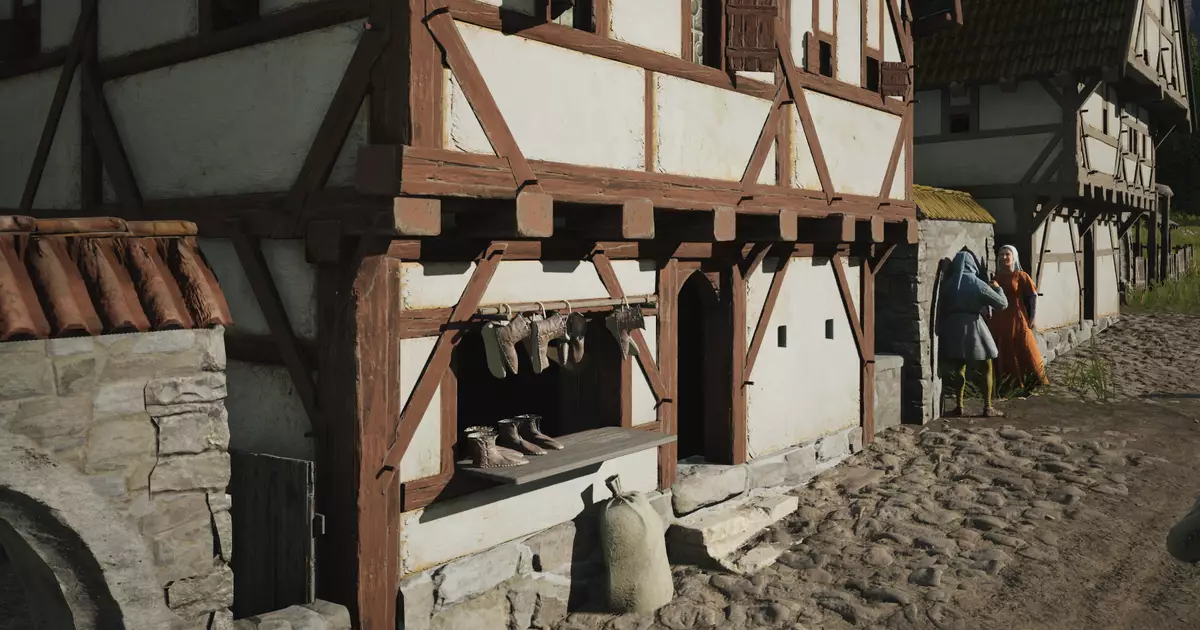In the often unpredictable realm of early access games, Manor Lords occupies a curious niche—beloved by a dedicated community but plagued by long stretches of silence. The latest update hiatus might be disheartening to some, yet it highlights the profound commitment of the developers, Slavic Magic, to delivering a polished, meaningful overhaul rather than superficial fix-ups. This strategic pause signifies a deliberate move towards refining core systems that form the backbone of the game’s medieval city-building experience. Such depth of intent distinguishes Manor Lords from many of its peers and demonstrates that quality often demands patience. Rather than pushing out incremental patches that could introduce instability or compromise the emerging complex systems, the team opts for meticulous, comprehensive reworks. This decision, rare in today’s rapid-fix era, speaks to a developer’s real passion and strategic foresight.
Transforming the Foundations: An Ambitious Rework
The ongoing overhaul isn’t merely cosmetic or incremental; it’s a concerted effort to reshape how Manor Lords encapsulates medieval life. By overhauling buildings, production chains, and environmental interactions, the developers aim to create a more immersive and authentic simulation. This is no small feat, as it requires reimagining core mechanics that dictate gameplay progression, strategic depth, and visual storytelling. The complexity of matching these systems underscores a commitment to delivering a nuanced experience that genuinely captures the essence of late 14th-century Franconia—not as a static backdrop, but as a living, breathing environment where players feel each decision ripple through the landscape.
The shift from broad features to detailed systems fosters a deeper engagement, encouraging players to think critically about layout, resource management, and environmental synergy. Manor Lords seeks to elevate itself beyond typical city builders by emphasizing interconnectedness, making every building placement and production decision meaningful. This move towards system redefinition could redefine the genre, setting a higher standard for authenticity and gameplay depth.
Innovative Systems: Moving Beyond Traditional City Builder Tropes
One of the most compelling aspects of this rework is the reintroduction of environmental affinities that replace standard radius effects. Gone are the days of frustratingly awkward building plots and imprecise influence zones; instead, the game now embraces a more organic, ecologically logical model. The inclusion of diverse environment types—Meadow, Woodland, Farmland, Rural, Urban—serves as a sophisticated canvas on which players craft their medieval societies. Buildings with affinities for specific environments, such as apiaries thriving amidst woods, inject a layer of strategic planning that rewards thoughtful placement and ecological awareness.
This system encourages players to consider their surroundings carefully, fostering a deeper connection with the land and its natural resources. It challenges the player to think beyond raw productivity and embraces the artistic aspect of city planning. Additionally, the inclusion of buffs that link environmental types, like boosting orchard pollination in meadows adjacent to woodlands, captures the intricate dance of nature and medieval life, enriching gameplay with a medieval-like complexity that feels authentic rather than contrived.
Furthermore, the developers are introducing a new map—Divided—highlighting the game’s ongoing ambition to diversify scenarios and challenge players with varied terrains and strategic considerations. The mountain range bisecting the map promises new natural obstacles and opportunities, promising a fresh layer of exploration for both veteran players and newcomers.
Visually Rich, Functionally Deep: The Road Ahead
Beyond mechanics, Manor Lords is boldly innovating visually and interface-wise. From detailed shop fronts to artisan workstations, through see-through fortifications ensuring alert guards, the game shows a clear desire to elevate its medieval aesthetic into something visually compelling and mechanically meaningful. These enhancements provide tangible ways for players to customize and tighten their control, making each settlement unique.
The inclusion of development perk cards, revised building cards, and reworked structures indicates a move towards more strategic customization. It’s a sign that Manor Lords is maturing from a promising early access project into a richly textured simulation worth revisiting repeatedly. In an era where unfinished games flood platforms, such deliberate craftsmanship stands out, reinforcing the game’s appeal for those craving depth and authenticity.
While the wait might be frustrating, it’s difficult to deny that Slavic Magic’s meticulous approach—focusing on systemic overhaul rather than quick fixes—could result in one of the most compelling medieval city builders on the market. The game’s potential to intertwine complex environmental systems with detailed city management promises a renaissance for players willing to endure the delay. Manor Lords is set on a path of transformation, and if it succeeds, it will not only reassert itself in a crowded genre but elevate the standards for what a city builder can be in the early medieval period.

